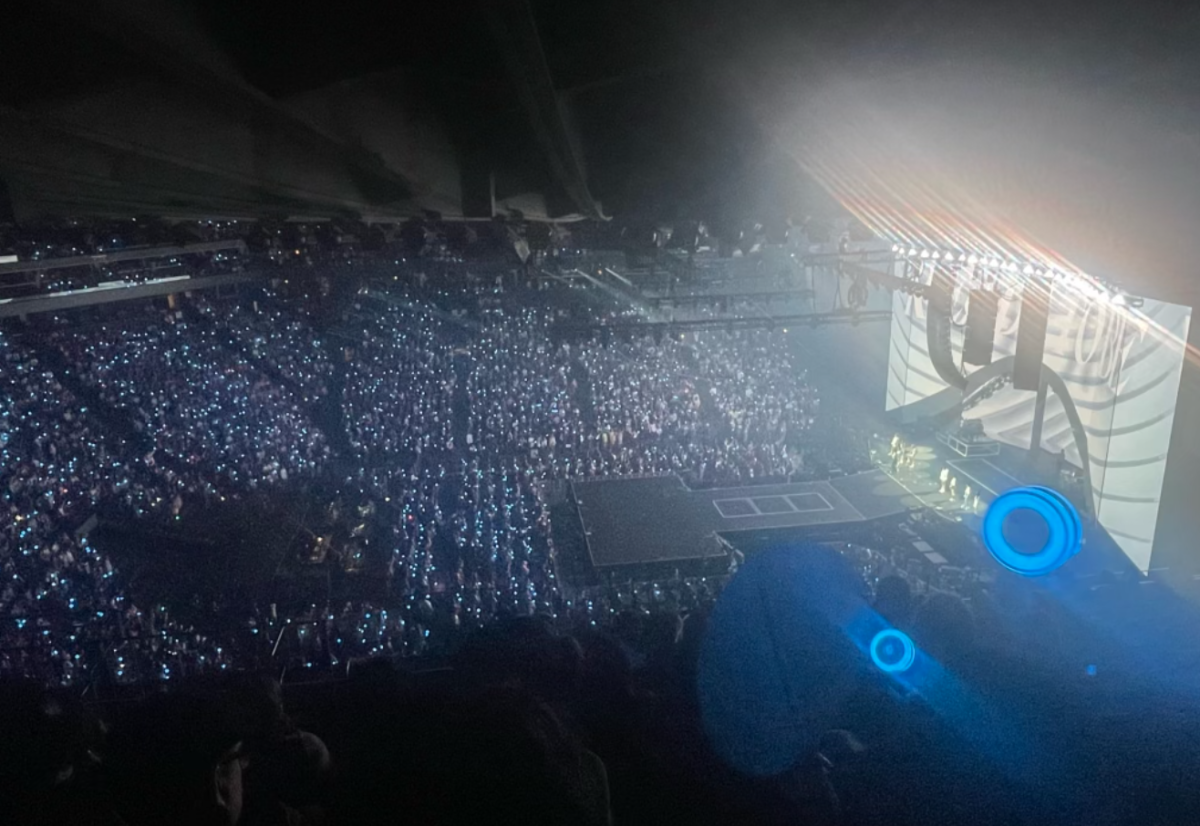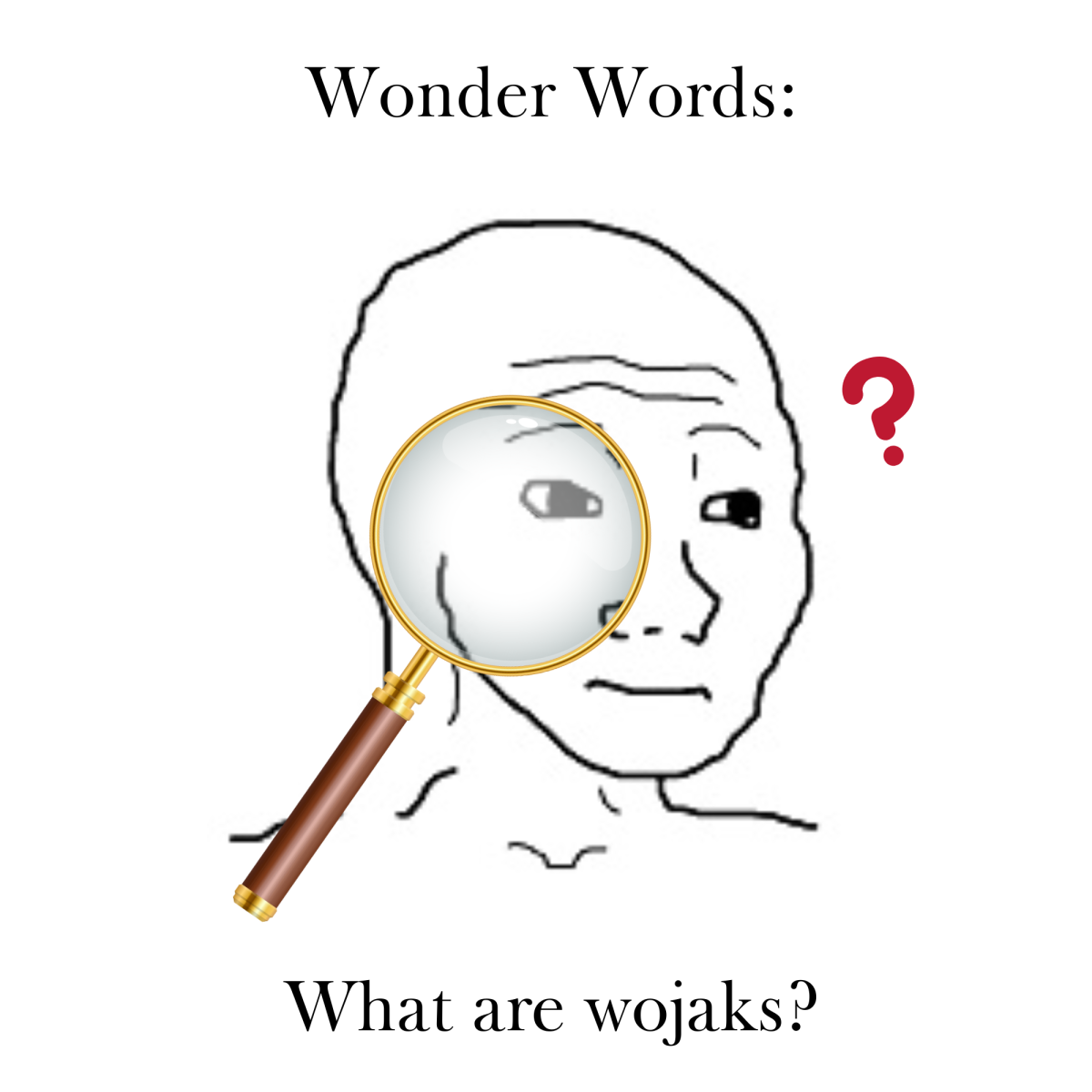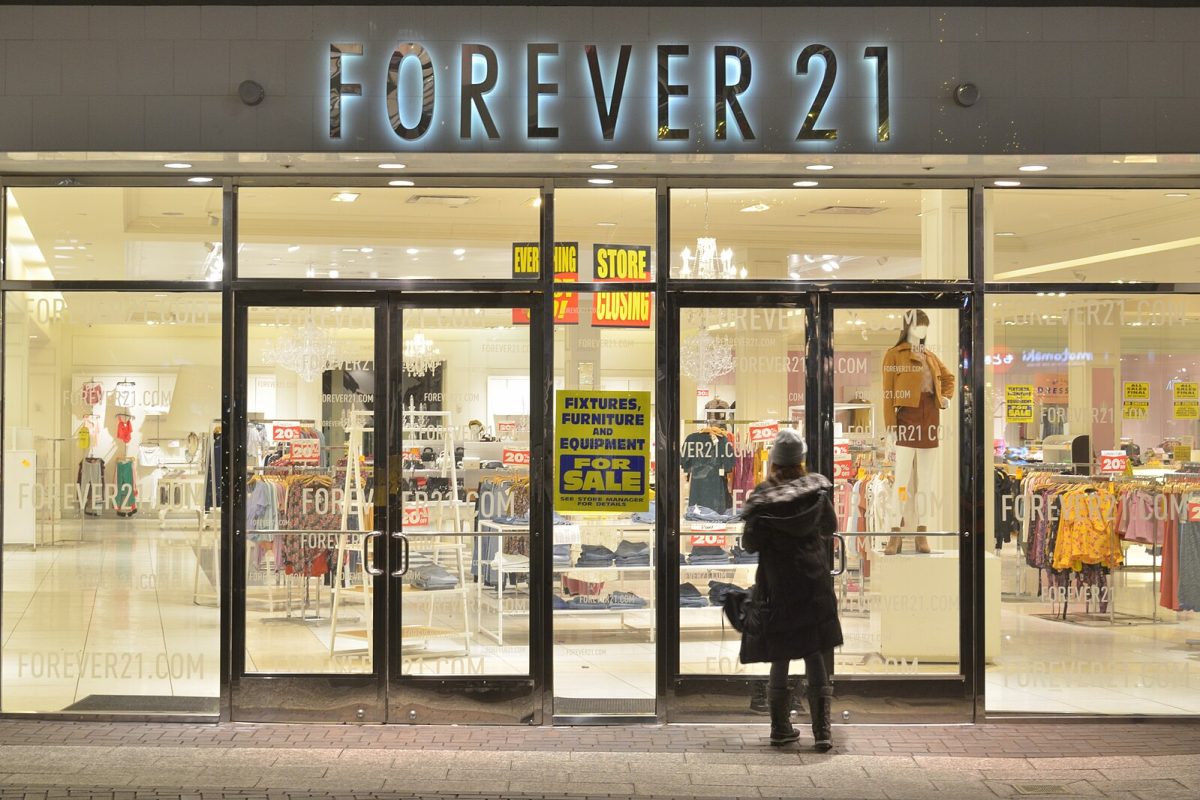Anyone who has recently bought tickets for a concert knows how ridiculous the process seems, with presale corporate favors, speedy sellouts, and outrageous fees as high as 75% of the ticket’s face value. In fact, in 2023 the cost of concert tickets surged to levels never recorded in history before. Yet surprisingly, this steep price hike hasn’t discouraged music enthusiasts from attempting to secure seats for their beloved artists’ live performances. Instead, there has been a notable increase in demand for live music events post-pandemic.
Initially, tickets sold at face value were somewhat affordable. However, with the involvement of resellers, their prices have soared into the four-digit range. So, when did the prospect of attending a concert by your favorite musician transform into a difficult choice between covering essential expenses or indulging in an exciting experience?
According to the Los Angeles Times, concert tickets are so pricy because of “five major players” increasing the fluctuations of ticket costs, including artists, promoters, concert venues, ticketing agencies handling ticket sales, and ticket release entities.
Since the mid-90s, the average cost of entertainment and sporting events has climbed dramatically, and more recently, due to rising inflation, it has increased by as much as 100%. However, those costs do not include the plethora of fees that ticketing providers tax, which, according to Freed Magazine, Ticketmaster raises “because it can.”
Customers cannot avoid service costs, convenience fees, processing fees, facility fees, or other types of itemized charges. The venues, promoters, and even the artists themselves—who make the majority of their money from touring—benefit from the fees, although Ticketmaster has historically taken the brunt of the criticism.
The tricky part is right here. While other spaces can be booked by any promoter, some venues have “exclusive deals with promoters like Live Nation Entertainment (which also owns Ticketmaster).” However, according to former label executive and music business analyst Bob Lefsetz, who spoke to the publication, “Ticketmaster is the only company that has the technology to sell tickets for high-demand events because it has cornered the market and has the money.” However, this raises a fundamental concern as ticket prices continue to rise, and fans find themselves at the mercy of a platform that may not always deliver the smooth ticket-buying experience they deserve.
When Taylor Swift fans attempted to use the Ticketmaster website to buy tickets for the singer’s Eras Tour in November 2022, everything went into disaster. Some were originally successful in obtaining tickets, only to lose them and be removed from the process once they attempted to check out. Some potential ticket purchasers were prevented from purchasing tickets because their Verified Fan codes did not function.
Ultimately, two dozen Swifties filed lawsuits against Live Nation Entertainment, and shortly afterward, Ticketmaster took responsibility and issued an apology. The company essentially blamed the incident on “ historically unprecedented demand”, though Swift responded that she and her team had, “asked them, multiple times, if they could handle this kind of demand and we were assured they could.”
Now, let’s hear the perspective of a student who has experienced these challenges firsthand. Afraa Khan, a senior at Wilcox High, shared, “There are so many concerts I would love to go to, and a couple of years ago maybe I would have been able to. But with the ticket prices increasing, it’s difficult to go to them and spend that much money.” She continued sharing her troubles by expressing, “The increasing ticket prices are making it more difficult for many fans to go to concerts or even enjoy them.”
According to a White House news release, Live Nation stated that the new policy would go into effect in September. While the challenges of high-demand events and exclusive deals with promoters remain, the industry’s willingness to address these issues is a testament to the potential for change. As concert-goers eagerly await the implementation of these reforms, the hope is that they will mark the beginning of a fairer and more transparent era in ticketing, where fans can enjoy their favorite events without the frustration of hidden costs.







